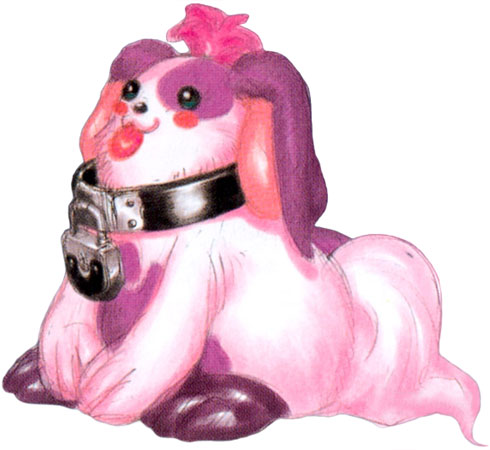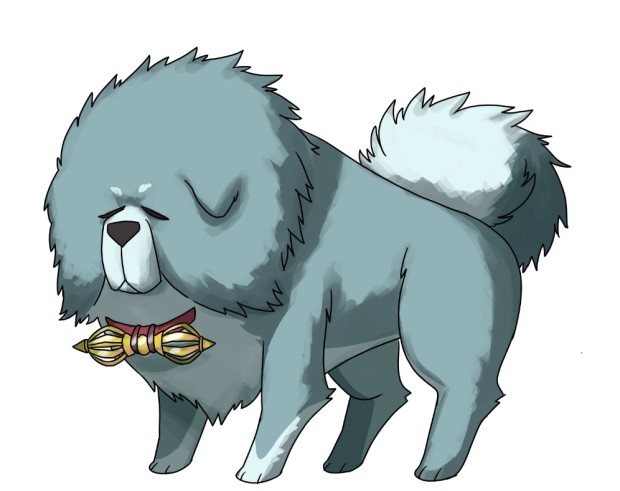That's not really what he was saying though, Bravely Default nor Second NEVER dictate what a player has to play like and quite often encourages experimentation. What he was saying was that it came at odds with leveling and grinding, which is the real issue.
And it's honestly a concept that's really hard for a lot of people to understand, since leveling and grinding is part of the core experience of RPGs for some. Hearing the idea that Indivisible won't engage in traditional stat leveling/exp stuff would sound like the opposite of a RPG experience, with the idea that you need to consider strategy and skill as the main things that challenge you to be more like an action game. That's why its confusing to a bunch of people; cause from the outset it sounds like something beyond the traditions of RPG thinking.
This makes sense to me now. That's why I call it a Metroidvania with RPG battles, rather than an RPG.
> SotN has leveling
FINE
Indivisible is based on the fighting game/player-skill mindset, where to get farther at the game the
player must get better at
playing, rather than the traditional RPG/time-spent mindset where the player is massively rewarded for just spending a long time doing things without actively getting any better at the game. With that in mind, grinding is not really something that
can exist, given that what you need to do is improve your play rather than improve your character. (ex: The "leveling" per character in the prototype gives you more actions, but nothing increases your base damage, defense, or HP. You have to play BETTER to beat the boss, or the secret boss, rather than going back and killing monsters for an hour until you take little enough damage that you don't have to block or heal to beat the boss.)
If I could do away with leveling entirely I would, and all improvements would be found in the world or given by the plot like Super Metroid, but the worry there is that in a really long game not having any progression improvements could be moderately un-fun for people used to playing grindy RPGs. So instead,
what leveling gives characters is improvements that allow you to play better, rather than improvements that allow you to play the same way but beat tougher enemies.
[edit] This doesn't mean never upgrading your damage, defense, or HP. It just means those upgrades are given at specific points in the game, rather than given by leveling. Super Metroid upgrades your defense twice, and your base damage five times, but you can't grind to do it at all.
If we improve a character's action-bar-build speed, give them more action bars, or grant slightly more meter for their attacks, that allows the player to do more things with that same character, so the player has to get better at the game to progress. But if you never block or use supers, you're still dying pretty much the same way as before.
The opposite is if we left you with the same speed and same number of attacks, but increased the damage by 2x and your health by 2x - you would not be
able to play
differently but you would still do better. If you never block or use supers you still get farther with this type of reward system. That's what most RPGs do, and what we're explicitly not doing. And that's where grinding comes in and why it's so common, because you CANNOT improve very much as a player with this type of reward, you MUST improve your character instead.
We give you more tools and you have to learn to use them, rather than making your existing tools better.



